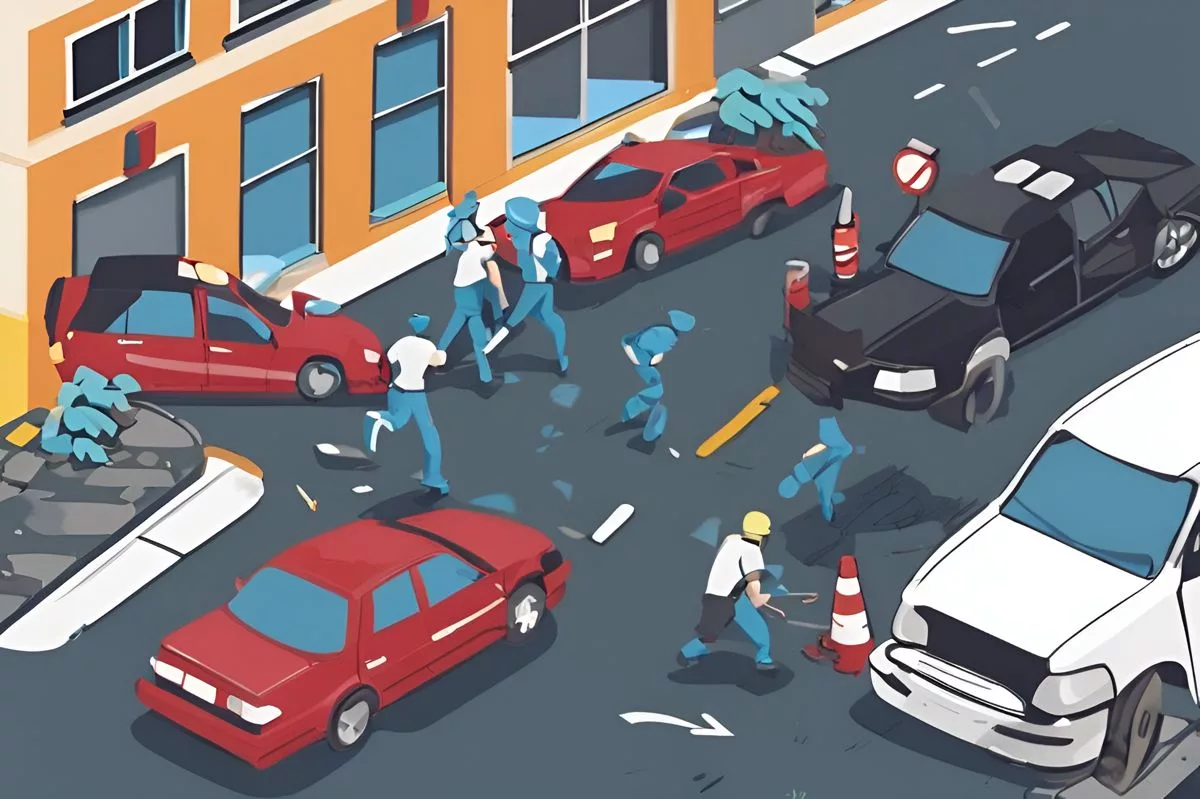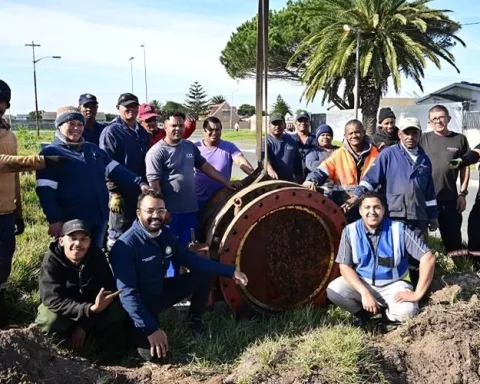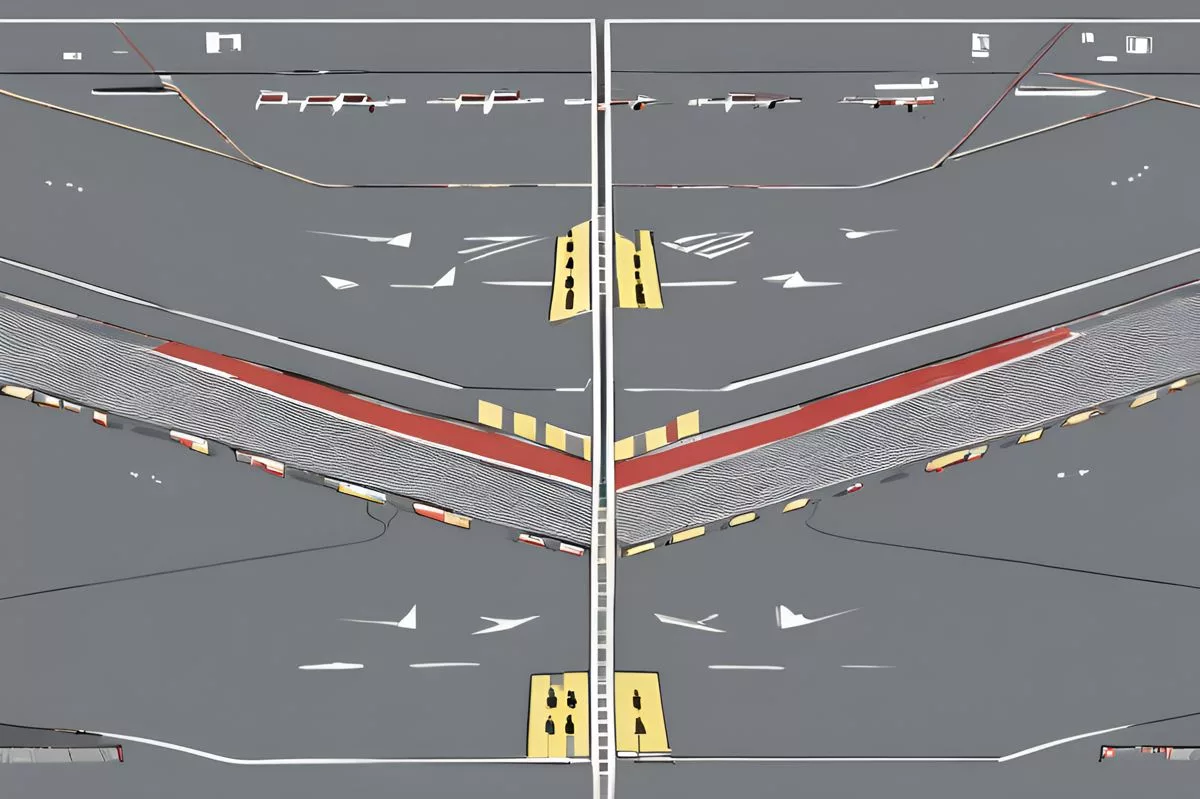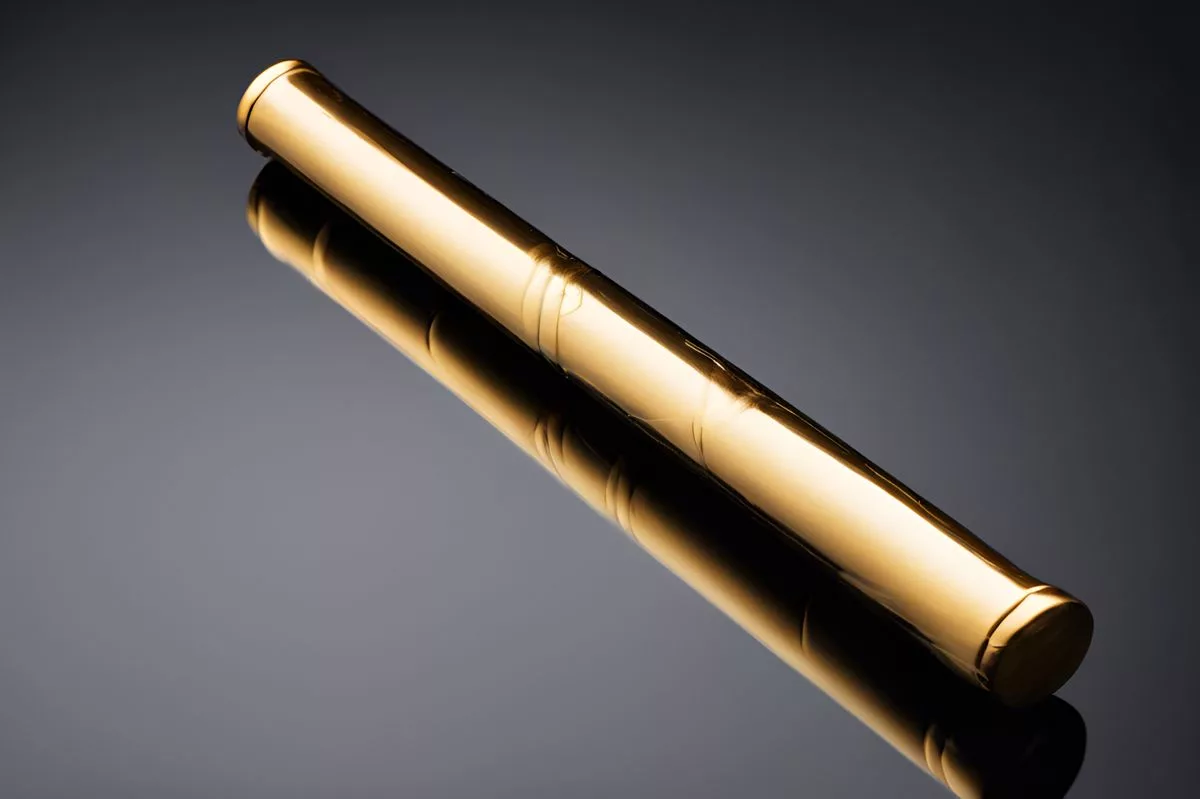A routine Uber ride turned tragic for Jessika Nilsson when an unlicensed driver operating an outdated vehicle crashed. Despite having insurance, Nilsson faced unexpected medical expenses and filed a lawsuit against Uber for their negligence. The lawsuit highlights the need for improved safety protocols in multinational corporations and raises questions about Uber’s operational standards and driver screening processes.
A routine Uber ride in Cape Town turned tragic when an unlicensed driver operating an outdated vehicle crashed, leaving Jessika Nilsson with severe injuries. Despite having insurance, Nilsson faced unexpected medical expenses and filed a lawsuit against Uber for their negligence. The lawsuit raises questions about Uber’s operational standards and driver screening processes, highlighting the need for improved safety protocols in multinational corporations.
A routine day in Cape Town, South Africa, on March 5th, 2019, took a dreadful turn when an accident involving an Uber vehicle led to severe injuries for Jessika Nilsson. This incident, however, goes beyond personal suffering to underscore the institutional carelessness of a global corporation, Uber.
The Journey and Accident
Immersed in a blend of cultures, Nilsson, a Germany-born businesswoman with significant business interests in South Africa, began an ordinary Uber ride. That day, her car was under maintenance, and she chose to use Uber’s handy service for a brief travel. She followed the ride-hailing app’s instructions, ensuring the driver matched the app’s profile, the license plate number was accurate, and the vehicle was as described.
Tragically, the ride quickly turned disastrous when the Uber vehicle, a 2012 Volkswagen, crashed into a Nissan Navara on Buitenkant Street. The Uber driver, who had overlooked a red signal and was illegally operating without a license in a vehicle that violated Uber’s vehicle age requirement. The aftermath was heartrending: Nilsson was rushed to the ICU, suffering five broken vertebrae, a fractured sternum pressing on her heart, and internal hemorrhaging.
The Aftermath and Uber’s Response
It isn’t just the trauma of the accident that Nilsson had to deal with. Despite having comprehensive medical insurance, Nilsson found herself confronted with unexpected expenses for certain medical treatments. Faced with an unclear future regarding health and finances, she laments over the potential lifetime burden of medical costs.
Post-accident, Nilsson’s family informed Uber about the incident. Uber responded with an apology and refunded the R43 ride fare. While this may appear as a goodwill gesture, it grossly fails to address the genuine issue: Uber’s oversight in allowing an unlicensed driver with an outdated vehicle to operate under its name.
An inquiry, initiated by Nilsson, discovered that the problematic vehicle belonged to a fleet owned by a local businessman. Interestingly, the accident coincided with a recent Uber regulation in South Africa, requiring all its platform vehicles to be less than three years old. The rule was openly flouted as the accident-linked vehicle was a seven-year-old model.
The Lawsuit and Beyond
Nilsson’s lawsuit against Uber transcends personal compensation. It underlines a larger systemic problem, raising crucial questions about Uber’s operational standards, their driver screening processes, and vehicle inspection protocols. These concerns are magnified, considering the accident-linked vehicle lacked a valid e-hailing permit and insurance policy.
Responding to the disaster, Nilsson has filed a lawsuit against Uber, specifically Uber B.V., a Netherlands-based entity that owns and operates the Uber app in South Africa. Her Netherlands-filed lawsuit aims to make Uber answerable for its negligence to prevent similar future occurrences.
Uber’s reaction to this incident has been tepid. While expressing regret and extending sympathy to Nilsson, the company has refrained from further comments due to the ongoing lawsuit. This stance is consistent with Uber’s global narrative, often sidestepping responsibility by presenting drivers on its platform as independent contractors and not employees.
While Uber claims to have reached out to Nilsson’s family multiple times, offering information about potential compensation through their insurer, Nilsson has refuted these assertions. She recalls a disturbing interaction with an Uber representative who reportedly laughed at her intention to pursue a lawsuit.
Nilsson’s decision to not file a claim with Uber’s insurance partner reaffirms her resolve. It is also a protest against the R50,000 cap on insurance payouts, an amount she finds insufficient given her life’s upheaval post-accident.
As Nilsson’s case navigates through the Dutch legal system, it serves as a stern reminder for multinational corporations like Uber to enhance their safety protocols. By demanding accountability, Nilsson’s battle could possibly herald an era of improved safety standards and corporate responsibility, ensuring future incidents like these are averted.
1. What happened during Jessika Nilsson’s Uber ride in Cape Town?
Jessika Nilsson was involved in a car accident during an Uber ride in Cape Town. The Uber driver was unlicensed and operating an outdated vehicle that did not meet Uber’s vehicle age requirement.
2. What injuries did Nilsson sustain in the accident?
Nilsson suffered severe injuries, including five broken vertebrae, a fractured sternum pressing on her heart, and internal hemorrhaging. She was rushed to the ICU for treatment.
3. What did Uber do in response to the accident?
Uber refunded Nilsson’s ride fare and apologized for the incident. However, their response failed to address the larger issue of their oversight in allowing an unlicensed driver with an outdated vehicle to operate on their platform.
4. What lawsuit did Nilsson file against Uber?
Nilsson filed a lawsuit against Uber B.V., a Netherlands-based entity that owns and operates the Uber app in South Africa. Her lawsuit aims to hold Uber accountable for their negligence and prevent future occurrences.
5. What larger problem does Nilsson’s lawsuit highlight?
Nilsson’s lawsuit highlights the need for improved safety protocols in multinational corporations, particularly in Uber’s operational standards, driver screening processes, and vehicle inspection protocols. It also raises concerns about the adequacy of insurance coverage for passengers in the event of accidents.
6. How has Uber responded to Nilsson’s lawsuit?
Uber has expressed regret and sympathy for Nilsson’s injuries but has refrained from commenting further due to the ongoing lawsuit. They have also reportedly reached out to Nilsson’s family multiple times to offer information about compensation through their insurance partner, but Nilsson has refuted these assertions.












